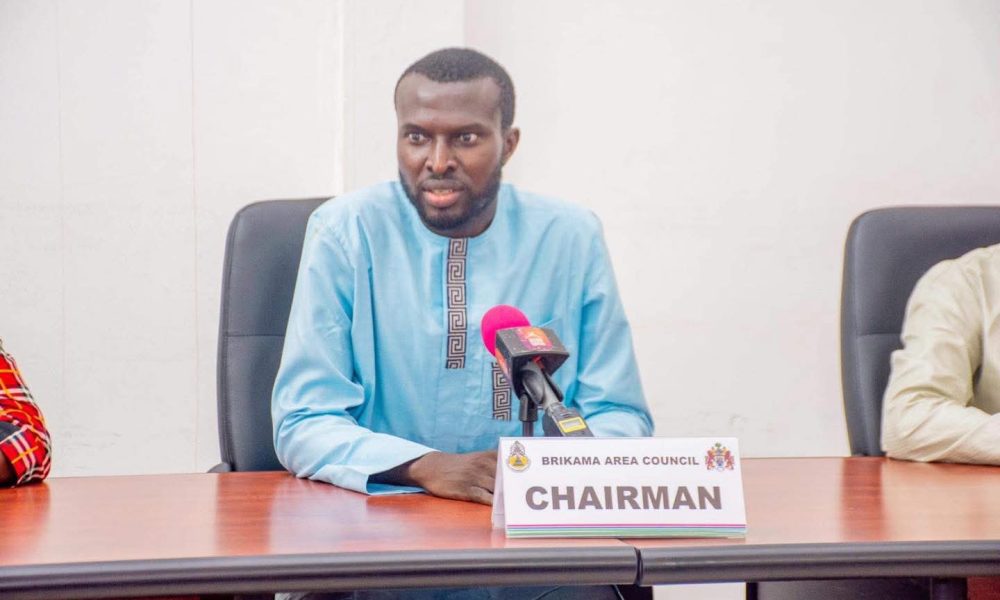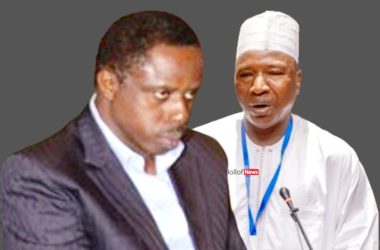In what appears to be a growing friction between local governance and central government oversight, the Brikama Area Council (BAC) has been summoned by the Ministry of Local Government and Lands to answer to inquiries, surrounding the Council’s ongoing assessment of its revenue sources.
The meeting is scheduled for Tuesday, 6th May 2025.
At the heart of the issue is BAC’s recent effort to identify and catalogue all existing revenue sources within its jurisdiction, a process the Council insists is fully within its legal mandate under Section 21(3) of the Local Government Finance and Audit Act, 2004. This law compels each Council to “prepare a comprehensive list of all its revenue sources and maintain data on total potential collectable revenues.”
In a strongly worded statement, BAC expressed frustration over what it perceives as the Ministry’s deliberate attempt to obstruct rather than support the Council’s statutory responsibilities.
“It’s unfortunate that our line Ministry is deliberately failing to recognize and encourage our efforts by resolving to impede the progressive trend the Brikama Area Council recently premised on,” BAC said in a statement issued on Monday.
The Council emphasized that the assessment does not involve any attempt to impose new tax ceilings or appoint evaluators which, it acknowledged, is beyond its jurisdiction. BAC said it’s instead relying on its 2020 gazetted tariff for all revenue collection activities.
Criticism was also levelled at the Central Government’s failure to uphold its own obligations. BAC pointed out that the last evaluation of ratable properties within its jurisdiction was conducted in 2005, despite statutory requirements for such evaluations to occur every five years. The Council also raised concerns over the non-payment of government ratable properties and the absence of the quarterly geology royalty fund, which has reportedly not been disbursed for nearly two years.

Furthermore, BAC disclosed that it has not received the mandatory 25% development fund from the Central Government—an omission that continues to hinder its development initiatives.
The Council concluded its statement with a call for accountability and cooperation: “We call on the Ministry to support Local Councils by manning up to their mandated responsibilities as opposed to orchestrating plans to impede our progress.”
As tensions simmer, today’s meeting could prove to be a pivotal moment in defining the future relationship between the Gambia’s local councils and the central authorities.





